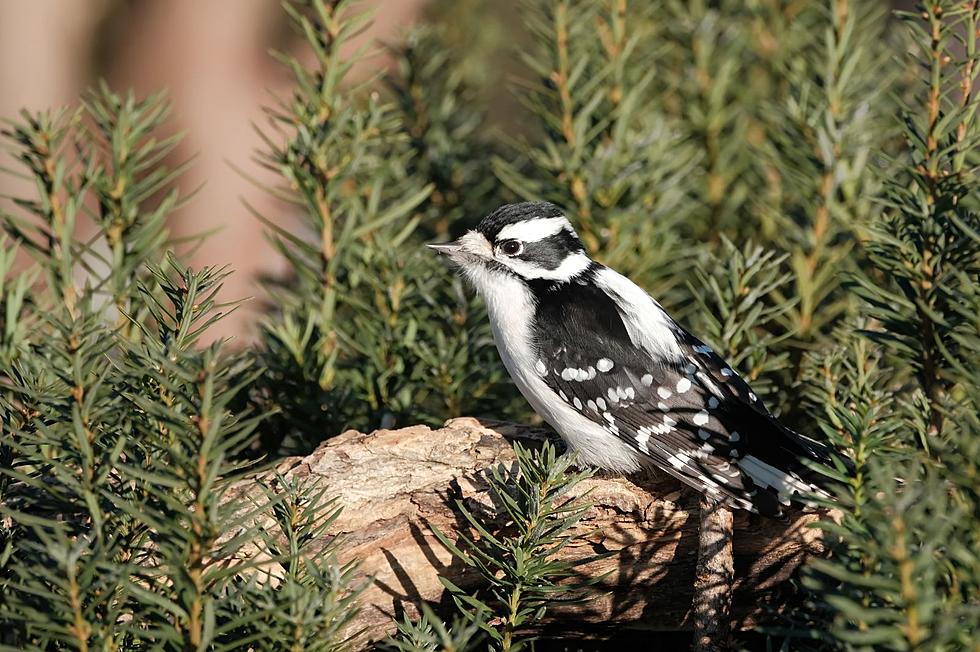
Invasion of Earwigs in New York: Summer Plague Explained
When we were kids, we called the black bug with scary claws "pincher bugs" and if we saw one, we'd run, literally run from it, screaming because the little crab claw-like insects scared us.

Not much has changed as adults...except maybe for the screaming part. We're still not fans of "pincher bugs" and don't understand why we've got so many in our houses this summer.
The scientific name for "pincher bugs" is "earwig" and the summer of 2023 has brought a mass of them to New York in numbers we haven't seen in more years than we can remember, but why is there such as invasion of these insects?
One of the main reasons for the onslaught of earwigs in New York this summer can be attributed to the favorable weather conditions. The warm and humid climate provides an ideal breeding ground for these insects, allowing them to reproduce rapidly. With increased moisture and temperatures, earwigs thrive, leading to a surge in their population.
Earwigs are attracted to organic matter such as decaying leaves, plant debris, and damp areas. Unfortunately, New York's lush greenery and humid environment, especially this summer following all of the rain and humidity we've experienced, offers an abundance of food sources.
The growth of urban landscapes, coupled with ongoing construction projects, can inadvertently contribute to the increase in earwig populations. Building sites disrupt the natural habitats of these insects, forcing them to seek new areas to populate. As a result, earwigs may relocate to nearby neighborhoods in search of shelter and food, causing an influx in residential areas.
Earwigs are known to migrate as they search for favorable conditions, and New York's soggy summer has provided ample opportunities for these insects to spread. They hitchhike on plants, in garden mulch, and can enter homes through cracks or gaps. Once inside, they can lay eggs, leading to an infestation if left unchecked.
While it may be challenging to evict all of the earwigs crawling around your house completely, there are some things that you can do including minimizing moisture around your house by fixing leaks and ensuring there is proper drainage, sealing cracks in windows, doors, and foundations to prevent entry into your home and try natural remedies like diatomaceous earth or insecticidal soaps to deter or control earwig populations.
Quiz: Do you know your state insect?
LOOK: 20 of the biggest insects in the world
More From 98.1 The Hawk









